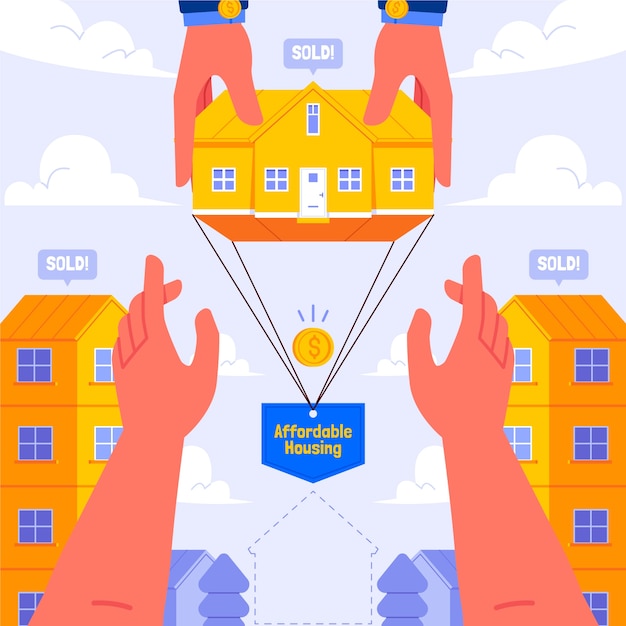
Owning a second home or vacation property can be appealing, but it comes with significant costs in both time and money. There are also hidden expenses to consider. For some, buying a vacation home makes sense if it’s affordable and frequently used, even if only seasonally. However, for others, the hassle and cost of maintaining a distant property, combined with a desire to explore new destinations, can make it a costly mistake.
There are many costs associated with owning a second home, some of which might be unexpected. Outfitting a second home with the basics can be expensive. Here are some general costs you’ll face after purchasing a second home:
In popular vacation spots, property taxes can be high. However, if you’re from areas like New York or New Jersey, you might find them lower than what you’re used to. Recent tax law changes have increased the carrying costs of a second home for many taxpayers. Deductions for state, local, and property taxes are capped at $10,000 per year, and the limit on deducting mortgage interest is reduced to $750,000 for new loans since 2018.
Getting a mortgage for a vacation home can also be costly. Lenders may require a higher down payment, increase the interest rate, or not offer a suitable loan program, especially if you plan to rent the property for more than two weeks per year. In such cases, the lender might consider it an investment property, requiring a minimum 20% down payment and only allowing conforming mortgage loans. Interest rates for second homes are typically higher due to the increased risk.
Climate change is making homeowners insurance more expensive and, in some areas, impossible to obtain. Insurers are pulling out of markets in places like California and Florida. Rising sea levels will also increase insurance costs in coastal communities. Flood insurance might not cover all damages, especially if you rely on rental income to offset ownership costs. Additionally, climate change and natural disasters could affect your ability to sell the property in the future.
Renting out your vacation home can help reduce costs, but there are limitations. Some towns or associations may restrict short-term rentals. Federally, you can rent a house for up to 14 days per year tax-free. Beyond that, the entire amount of net rental income is taxable. For example, if you rent your home for $10,000 per week and the carrying costs are $2,000 per week, renting for 14 days results in $20,000 of tax-free income. Renting for a month would yield $32,000 in net rental income, but it would be fully taxable, reducing your profit.
Owning a second home can also limit your time and money for other travel. Preferences can change, and the novelty of a second home might wear off after a few years. It’s important to consider how a second home fits into your long-term plans, especially if you see it as a future retirement home.
Before buying a second home, think about how you will manage the property. Reliable help is hard to find, and managing urgent issues might be more than you anticipated. Also, consider the financial impact. Will the property affect your cash flow and ability to save for other goals? Real estate is often an emotional purchase, so it’s crucial to run the numbers and seek advice from a financial advisor.
Ultimately, whether buying a second home is a good idea depends on your financial situation and preferences. Young families might find it convenient to have a vacation home, but as children grow older, getting away might become more challenging. The luxury home rental market offers flexibility to experience new places without the commitment of ownership. Sometimes, renting a home for weeks or months is the best approach, leaving the maintenance and other issues to someone else.